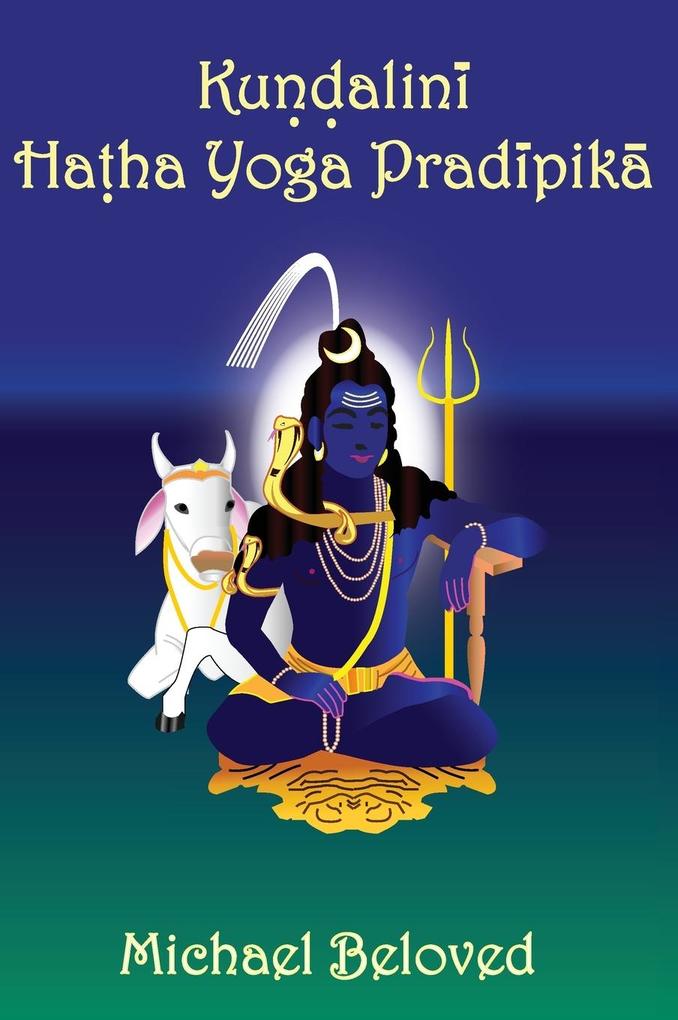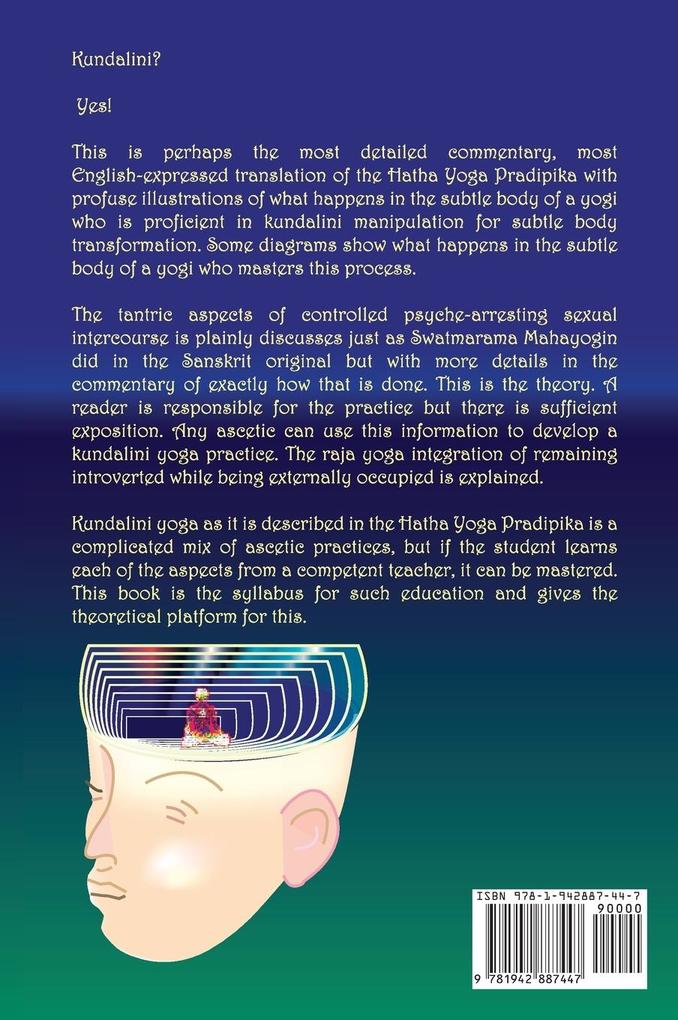
Zustellung: Mi, 28.05. - Mo, 02.06.
Versand in 1-2 Wochen
VersandkostenfreiBestellen & in Filiale abholen:
A terse but very precise syllabus of physical body postures, breath-infusion, mystic arresting-actions and linkage to a divine world using the technique of kundalini manipulation for subtle body transformation.
Complicated?
It sure is. Use this if you would sort the components of consciousness and push the limits of psychic research using your psychology as the primary subject of observation.
Did you consider transmuting sexual energy?
Learn from this how the yogis did it. Study the techniques. Apply them in your body. The author gives his experience and show what he adjusted, how he succeeded and where his practice may lead.
Wondering about the application to social life?
This includes the course for raja yoga or remaining introverted while being externally occupied. It allows you to remain in the world, while making spiritual advancement both in your spare time and while being engaged but applying your progressive insight to sort the complications of destiny which confront you in social dealings.
Complicated?
It sure is. Use this if you would sort the components of consciousness and push the limits of psychic research using your psychology as the primary subject of observation.
Did you consider transmuting sexual energy?
Learn from this how the yogis did it. Study the techniques. Apply them in your body. The author gives his experience and show what he adjusted, how he succeeded and where his practice may lead.
Wondering about the application to social life?
This includes the course for raja yoga or remaining introverted while being externally occupied. It allows you to remain in the world, while making spiritual advancement both in your spare time and while being engaged but applying your progressive insight to sort the complications of destiny which confront you in social dealings.
Produktdetails
Erscheinungsdatum
07. Juni 2021
Sprache
englisch
Seitenanzahl
708
Autor/Autorin
Michael Beloved
Verlag/Hersteller
Produktart
gebunden
Gewicht
1504 g
Größe (L/B/H)
260/183/42 mm
ISBN
9781942887447
Entdecken Sie mehr
Bewertungen
0 Bewertungen
Es wurden noch keine Bewertungen abgegeben. Schreiben Sie die erste Bewertung zu "Kundalini Hatha Yoga Pradipika" und helfen Sie damit anderen bei der Kaufentscheidung.











